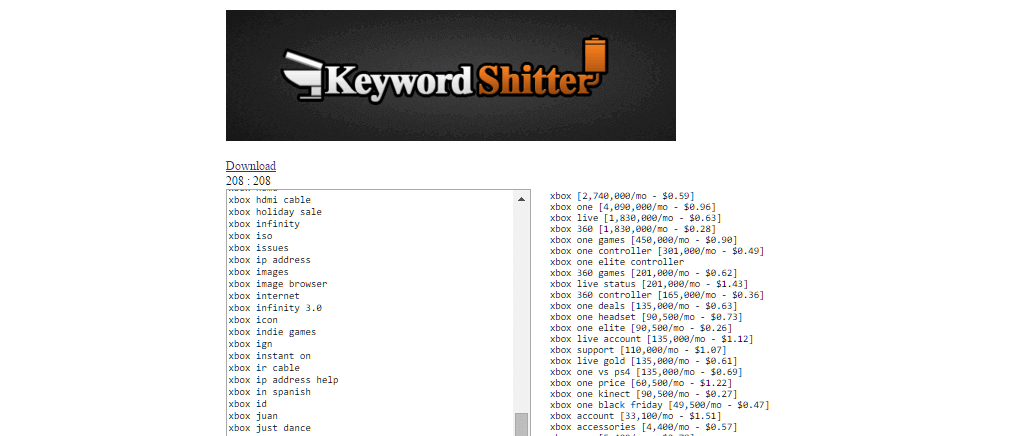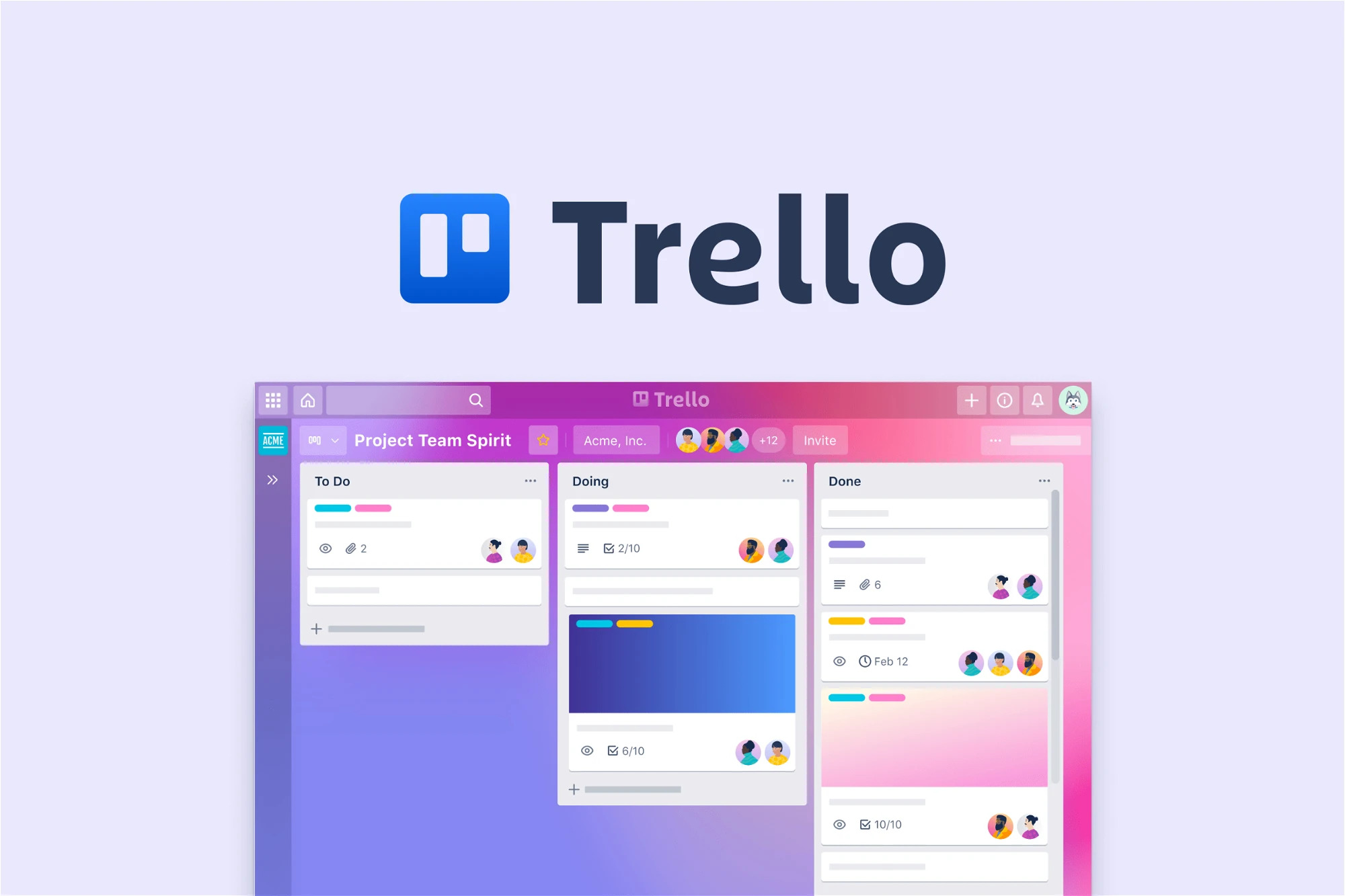12 best SEO tools for content optimization
Last Updated on May 23, 2024 by Jhonni Jets
Content is king when it comes to search engine optimization. While tools alone cannot guarantee success, having the right SEO tools in your arsenal can significantly boost your content optimization efforts and help you produce higher quality content tailored for search engines.
In this article, we’ll explore 12 of the best SEO tools available for content optimization. We’ll look at what each tool offers and how it can help you analyze, create, and optimize content for organic search visibility.
Table of Content
Keyword Research Tools
The first step in content optimization is choosing the right keywords to target. Keyword research tools uncover high volume, low competition keywords related to your topic that may perform well if optimized.
Two top tools for comprehensive keyword research are:
Keyword Shitter

Keyword Sh*tter is a free Chrome extension that allows you to manually enter keywords or import a list to analyze. For each keyword, it provides monthly search volume from Google, Bing and YouTube along with competition metrics like top ranking domains and number of estimated pages targeting the term. It’s a simple but powerful research tool for scoping out potential target keywords.
Where it really shines is analyzing long-tail, niche keywords that may have low search volumes individually but high aggregate traffic when optimized across many pieces of content. Keyword Sh*tter removes the guessing work and points you directly to search terms with the best balance of volume and competition for your site.
Ahrefs Keywords Explorer

Ahrefs Keywords Explorer is a more full-featured paid option for in-depth keyword research. For $99/month, you get access to keyword data from Google, Bing, YouTube, Amazon and other sources. It analyzes search trends, related keywords, difficulty based on average Domain Authority of top ranking pages, and more.
Additionally, you can view top ranking pages for any keyword to analyze optimized content and find themes, topics or formatting tricks to model your own content after. Ahrefs has a goldmine of data to help you craft targeted strategies for the keywords most likely to perform well with your audience and resources.
Content Planning Tools
With keywords selected, it’s time to plan how you’ll develop optimized content. Content planning tools help structure topical areas, map out a content calendar, and ensure consistency and thoroughness in your strategy.
Trello

Trello is a simple but versatile project management tool that works great for planning and tracking content. You can create boards for different content initiatives, add cards for individual topics or assets, assign members, and customize with checklists, due dates and comments to manage workflow. It keeps content strategies organized visually and makes collaborating with teams seamless.
I like using Trello to map out editorial calendars, brainstorm content ideas, plan blog post topics by month/quarter, and track the progress of asset development from draft to published. The ability to customize views and share access makes it highly flexible for content planning needs.
ContentMap
ContentMap takes a more content-focused approach with tools tailored specifically for planning optimization strategies. You can create topic trees to visualize the relationships between content, tag assets by format/genre, and color code by status. Built-in templates guide you through structuring thorough topical coverage.
Its reports analyze white space, gaps, and overlaps to ensure your mapped content will provide comprehensive answers to user intents. ContentMap streamlines planning optimized content at scale with visibility into where to focus next for maximum return.
Content Creation Tools
With research and planning complete, it’s time to start creating optimized content. Here are some go-to tools to help streamline the writing process.
Google Docs

Google Docs remains a tried-and-true option for collaborative content creation. With free online/offline access and real-time editing, it’s easy to divide and conquer content projects with internal or external teams. Built-in commenting lets you provide feedback without disrupting the document flow.
Google Docs also integrates nicely with other G Suite products for workflow like Sheets for datasheets, Slides for presentation decks, and Forms for surveys. The familiar interface keeps the focus on the writing.
Quuu

Quuu is a specialized content creation tool tailored for optimized content at scale. It streamlines the writing process with templates, style guides and review workflows. Content strategists can create article briefs with keyword, format and length guidelines for writers.
Writers compose drafts within the platform, which analyzes them in real-time for readability, structure and optimization based on your criteria. Editors review and provide feedback directly in the interface. Quuu ensures content stays consistent and targeted for maximum efficacy.
Content Optimization Tools
Even the best written content can be further optimized. These tools help analyze existing assets and fine tune them for search engines.
SEMrush

SEMrush offers a powerful set of content analytics to identify opportunities for optimization. Import your pages to view metrics like word count, readability score, keyword density, backlink profile. Filters and tags allow pinpointing top/bottom performing content.
Its Text Analysis tool audits copy for keyphrase usage, recommending where to add focused keywords. SEMrush provides a well-rounded view of your content performance and direction on how to strengthen technical AND user-centric optimization.
Yoast SEO

Yoast is a top WordPress plugin that integrates directly into the writing/editing process. As you type, it analyzes text and suggests optimizations in real-time like adding targeted keywords and fixing readability issues. Dropdown menus help fill out SEO meta fields properly.
A readability score gauges how understandable the text will be. Overall, Yoast streamlines on-page SEO for WordPress users in a way that enhances rather than disrupts the creative process.
Content Promotion Tools
All that great content will go to waste without promotion. These tools help surface optimized pieces to search engines and readers.
BuzzSumo

BuzzSumo tracks social share and engagement data for content across the web. Enter a topic or URL to discover popular articles on that subject as measured by shares on Facebook, Twitter, LinkedIn and more. You can analyze what formats, keyphrases and styles tended to resonate most with real readers.
It also identifies influencers who regularly share topical, optimized content with their large social networks – perfect targets when promoting your own assets.
Screaming Frog SEO Spider

Screaming Frog crawls your entire site to identify technical SEO issues like broken links, duplicate/missing page titles and meta descriptions, slow load times and more. Export reports pinpoint exact problems to fix for maximum discoverability.
Plus, its Directory Heatmaps visualize the internal linking structure to spot opportunities for improving navigation and passing more link juice between optimized pages.
Content Analysis Tools
It’s important to review content performance over time. These tools provide analytics for continuous optimization.
Google Analytics

Google Analytics tracks user behavior metrics like pageviews, time on page, exit rates, and device/location data for any site. Custom reports compare specific pages or posts side by side to spot underperformers needing optimization.
Event tracking and goals also provide visibility into what content formats or CTA placements drive the most conversions. GA is essential for data-backed evaluation of optimization strategies.
Ahrefs Site Explorer

Ahrefs takes a technical SEO-focused approach to content analysis. Import your domain to view metrics like organic traffic sources, backlink profile, domain authority score, top ranking pages and more. Use filters to analyze subsets like newest/oldest content.
Its Content Analysis tool compares pages directly to find common factors between high vs. low performing assets, like whether optimizing for specific keywords boosts traffic. Ahrefs offers technical SEO benchmarking to continually refine tactics.
In summary, having the right SEO tools in your workflow will optimize every stage of content development from initial research through final analysis. Using a combination of specialized and general-use productivity tools gives an integrated approach to iterative, data-backed content optimization.
Conclusion
Content remains vital for driving organic visibility, leads and sales in today’s digital landscape. However, to truly maximize its potential, a strategic process guided by the right SEO tools is necessary.
This article explored 10 invaluable tools across different phases of content optimization – from scoping keywords and planning strategies to creating, analyzing and promoting finished assets. Integrating even a few of these powerful options into your workflow will help produce higher quality, better targeted content with measurable impact.
The best SEO tools streamline processes while providing advanced analytics to continually refine tactics. Committing to ongoing content evaluation and iteration using data is key to long-term sustainable growth online. Staying knowledgeable about new tool innovations also ensures your optimization efforts stay cutting-edge.
With the right combination of resources, content can become a company’s most powerful competitive advantage. I hope this overview provided useful insights into taking your optimization to the next level.







